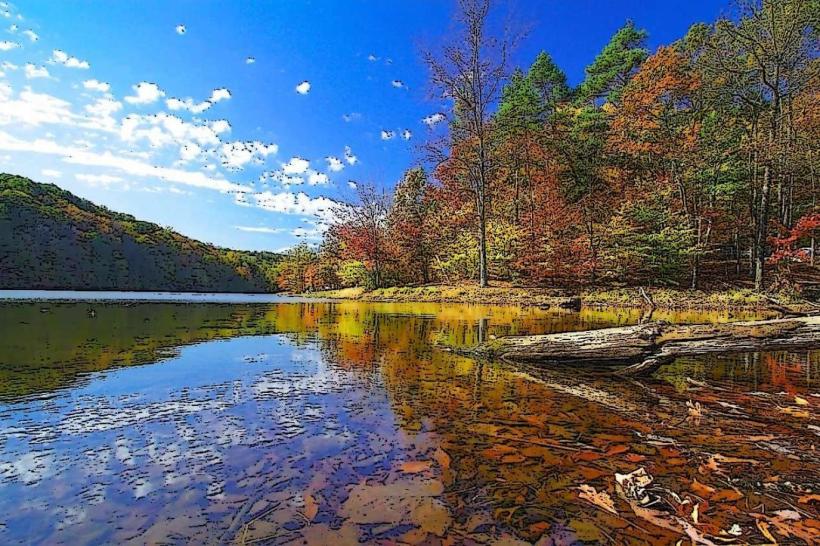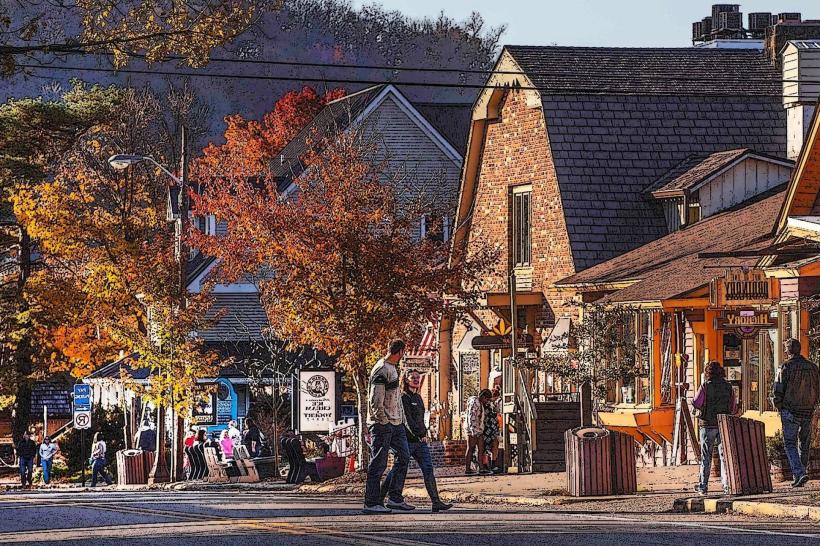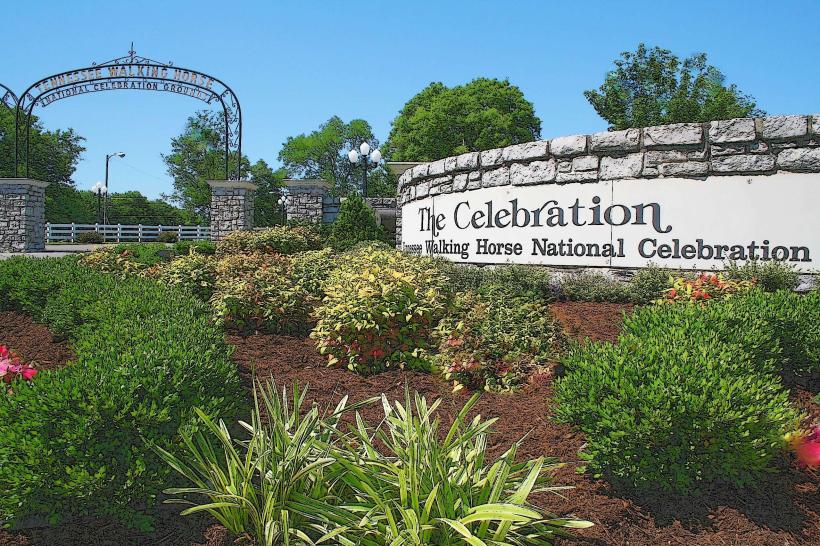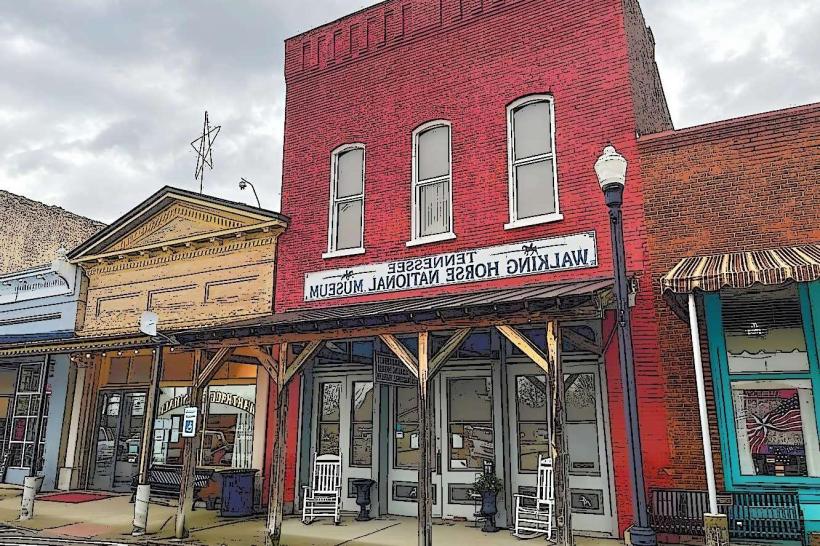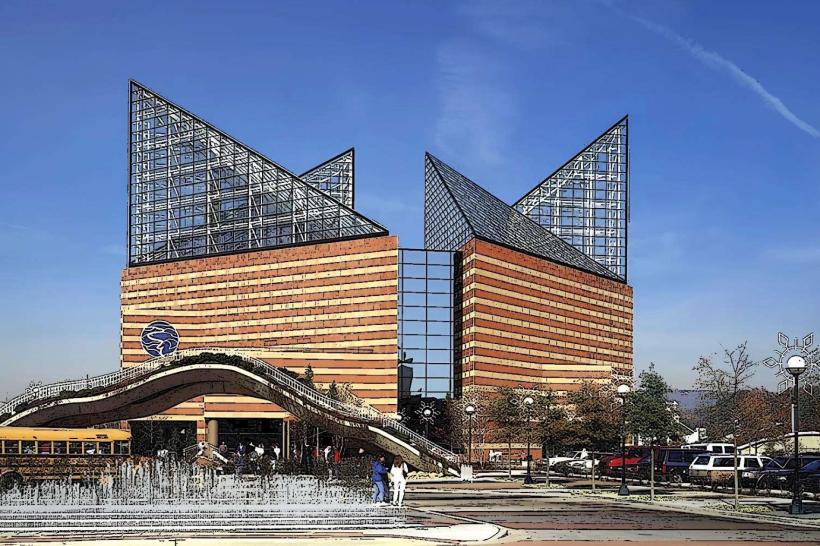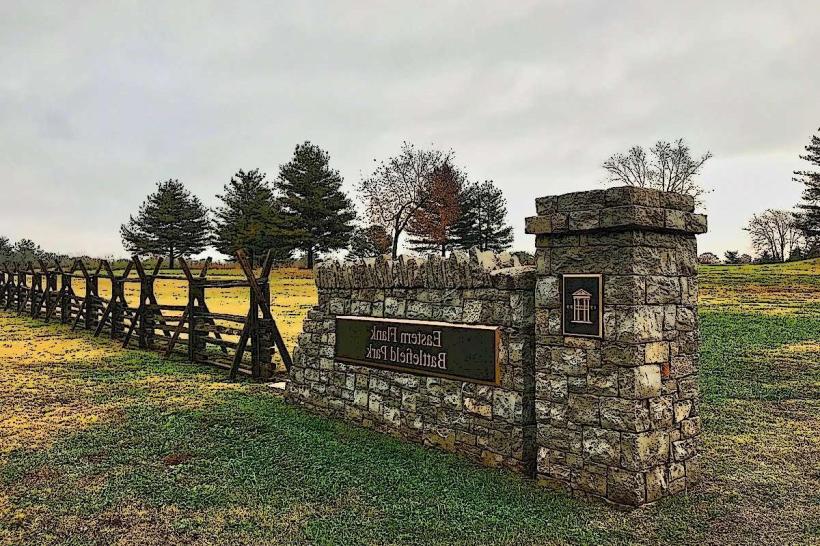Information
Landmark: Nashville Zoo at GrassmereCity: Nashville
Country: USA Tennessee
Continent: North America
Nashville Zoo at Grassmere, Nashville, USA Tennessee, North America
The Nashville Zoo at Grassmere is a premier zoological and cultural destination located approximately six miles southeast of downtown Nashville. Encompassing more than 188 acres, it combines a world-class zoo experience with deep historical roots, conservation programming, and family-focused attractions. As a nationally accredited member of the Association of Zoos and Aquariums (AZA), the zoo has established itself as one of the leading animal institutions in the southeastern United States.
Historical Background
Grassmere Plantation
The site originally formed part of the Grassmere Historic Farm, a 300-acre plantation founded in the early 19th century. In 1810, Michael and Elizabeth Dunn settled the land and constructed the Federal-style home that still stands today. Their descendants, the Croft sisters, lived there until the 1980s. In their wills, the sisters bequeathed the land to the city on the condition that it be preserved as a nature center or wildlife park.
Transition to a Zoo
The zoo was officially established on this site in 1996, after relocating from its original site at Cheekwood.
The Grassmere site opened as the Nashville Zoo at Grassmere in 1997, with a mission to integrate wildlife conservation with public education and the preservation of the historic property.
The Grassmere Historic Home, along with gardens and preserved outbuildings, remains an integral part of the zoo and is open to guided tours, giving visitors a unique blend of natural and cultural heritage.
Animal Exhibits and Species
The Nashville Zoo is home to over 6,200 animals representing more than 330 species, many of which are endangered or part of global conservation breeding programs.
Signature Exhibits
1. Expedition Peru: Trek of the Andean Bear
An award-winning immersive exhibit recreating a Peruvian highland village.
Home to Andean bears, the only South American bear species.
Includes habitats for cotton-top tamarins, pacas, and exotic birds.
2. Tiger Crossroads
Houses endangered Sumatran tigers in a richly landscaped enclosure.
Viewing windows, elevated walkways, and educational panels highlight the species' plight.
Winner of the AZA Top Exhibit Design Award.
3. Komodo Dragon Exhibit
Opened in 2023, this is among the largest Komodo dragon habitats in North America.
Includes interactive digital displays and climate-controlled viewing areas.
4. Kangaroo Kickabout
A walkthrough habitat where guests can walk freely among red kangaroos.
Offers an intimate look at marsupials in a naturalistic setting.
5. Lorikeet Landing
A tropical aviary where visitors can feed colorful lorikeets from nectar cups.
6. Unseen New World
An indoor exhibit showcasing reptiles, amphibians, and nocturnal species.
Features include hellbenders, poison dart frogs, bats, snakes, and naked mole rats.
7. African Savannah (Upcoming Expansion)
Part of a multi-acre development plan to include lions, hippos, cheetahs, and giraffe habitats.
Will transform large portions of undeveloped land into a major African-themed zone.
Conservation and Research Programs
The Nashville Zoo is deeply involved in regional and international conservation:
Clouded Leopard Consortium: One of the most successful breeding programs in the world.
Alligator Snapping Turtle Headstart Program: Raising and reintroducing hatchlings into Tennessee rivers.
Giant Anteater Field Research: Ongoing studies of the ecology and behavior of anteaters in the wild.
Hellbender Salamander Conservation: Working to restore populations of this ancient, endangered amphibian.
Sustainable Zoo Practices: Includes composting, native planting, and green building certifications.
Zoo staff also participate in Species Survival Plans (SSPs) under the AZA to manage genetic diversity and health of captive populations globally.
Interactive Experiences and Attractions
1. Jungle Gym Playground
One of the largest community-built playgrounds in the U.S.
Includes tree houses, slides, rope bridges, and climbing structures.
Designed to reflect natural habitats and wildlife themes.
2. Soaring Eagle Zip Line
High-flying zipline experience offering aerial views of the zoo.
3. Wild Animal Carousel & Wilderness Express Train
The carousel features hand-painted animal figures.
The train offers scenic rides around part of the zoo grounds.
4. Backstage Pass Tours
Behind-the-scenes experiences with rhinos, sloths, giraffes, and other animals.
Guests meet zookeepers and learn about animal care and behavior.
5. 4D Theater
Features short wildlife-themed films with special effects like wind, scent, and seat movement.
Historic and Cultural Interpretation
The Grassmere Historic Farm within the zoo preserves Tennessee’s rural past:
The Croft Home (circa 1810) is restored and open for guided tours.
Surrounding outbuildings and gardens reflect 19th-century farm life.
The Morton Family Exhibit, opened in 2021, tells the story of Frank Morton, a Black tenant farmer and descendant of enslaved people who lived on the property. His reconstructed cabin honors African American history and agricultural heritage.
This cultural aspect enriches the zoo experience by offering insight into the human history of the land, not just its wildlife.
Visitor Services and Accessibility
Admission: General admission tickets vary seasonally. Memberships offer free entry, parking, and discounts.
Dining: Several cafes and kiosks provide pizza, barbecue, sandwiches, and snacks.
Gift Shop: Offers plush toys, educational books, apparel, and eco-friendly souvenirs.
Accessibility:
Wheelchair and stroller rentals
ADA-compliant paths and restrooms
Sensory-friendly “Zooper Packs” for guests with autism or sensory sensitivities
Quiet zones and visual guides
Annual Attendance and Events
The Nashville Zoo hosts over 1.2 million visitors annually.
Seasonal events include:
Zzzoofari Slumber (overnight family campouts)
Boo at the Zoo (Halloween celebration)
Eggstravaganzoo (spring egg hunts)
Night Visions and other after-dark light shows
The zoo also participates in local festivals and educational outreach across the city.
Planned Expansions and Future Vision
With over half its land still undeveloped, the Nashville Zoo has a bold expansion plan:
40-acre African Savannah to include large predators, hoofstock, and visitor safari trails.
Additional indoor tropical exhibits, educational centers, and conservation labs.
Focus on sustainable infrastructure and immersive visitor experiences.
These expansions will dramatically increase both animal habitats and guest engagement opportunities, reinforcing the zoo’s role as a major regional attraction.
Conclusion
The Nashville Zoo at Grassmere is more than a collection of animals-it’s a living educational space that blends wildlife conservation, Tennessee heritage, hands-on learning, and world-class recreation. Whether exploring tiger trails, feeding kangaroos, riding the zipline, or walking through the historic Croft House, visitors experience a rich, multifaceted destination that celebrates life, culture, and the natural world. As the zoo continues to expand, it will remain a vital and evolving landmark in Tennessee's cultural and ecological landscape.

